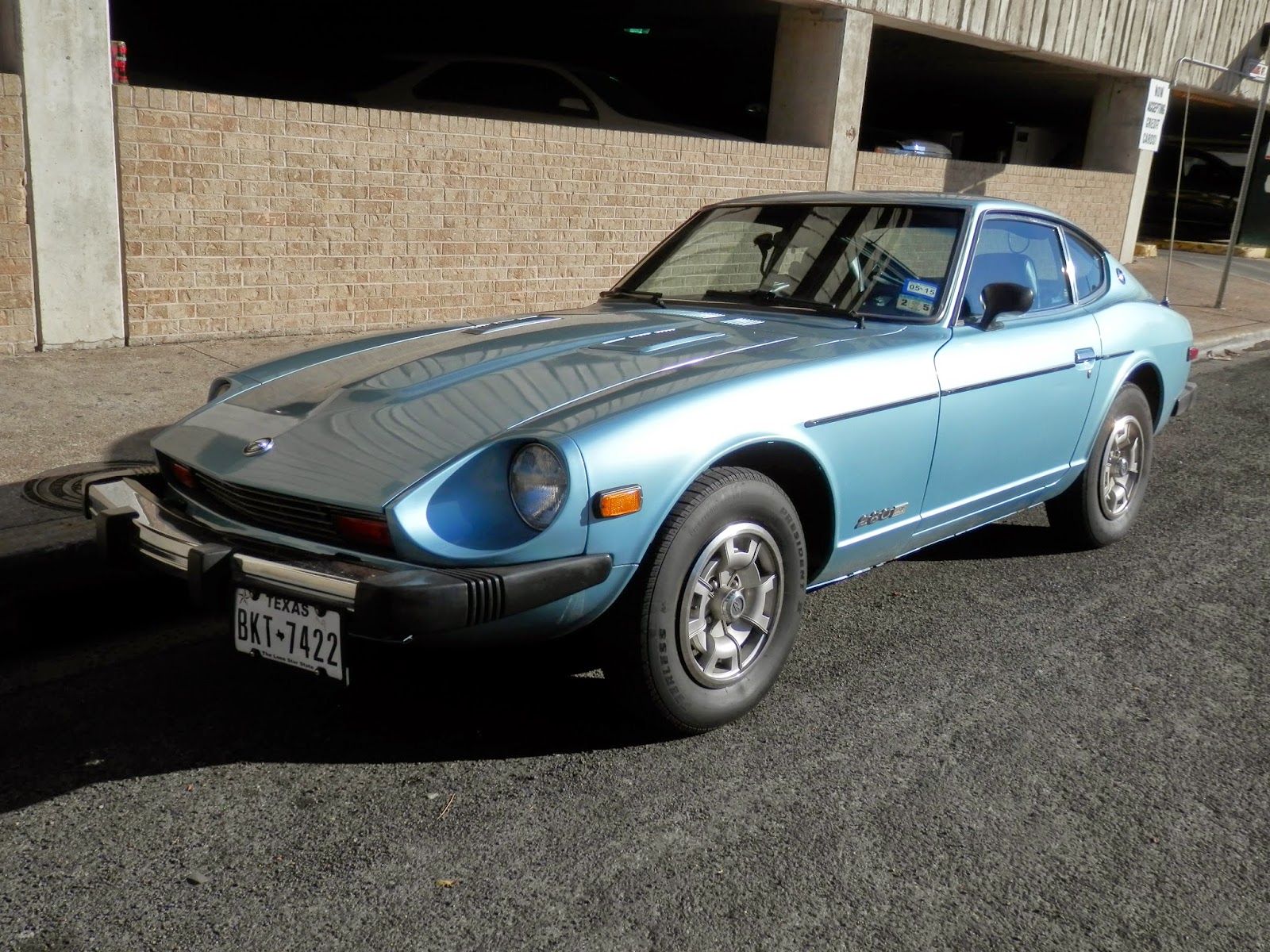Historically speaking, the Datsun 240Z was a very important automobile. Prior to its creation in 1969, there were no widely-respected Japanese sports cars. The Toyota Sports 800 and Datsun's own Fairlady roadster were great cars that have slowly become cult icons, but in 1969 most people in the market for a sporty car would have been looking at an MGB or maybe a Lotus Elan. Wealthier buyers could look at the Jaguar XKE or Porsche 911. Then in 1970, the Datsun 240Z arrived in America, and everything changed.
The winning formula of the 240Z was a combination of good performance, reasonable pricing, and fantastic looks. Success in the East African Safari Rally furthered the car's popularity, and to this day it's seen as an icon. Some even call it a halo car. Regardless, the 240Z eventually gave way to the increasingly-powerful 260Z and 280Z models in the later 1970s. Today's RCW is a 1977 280Z, the final iteration of the first-generation Z-cars.
Visually, the 280Z was only mildly updated from the stellar-looking 240Z. Tweaks to the turn signal markers, taillights, and emblems were trivial changes, but the massive 5-mph bumpers required by U.S. regulations did hamper the car's smooth lines, Many of these cars have since been modified with earlier chrome bumpers, or have had the bumpers removed altogether.
The car's name is a reference to the 2.8-liter inline six under the hood. The motor made 170 horsepower, as compared to the meager 151 horsepower of the original 240Z. Transmission options consisted of a three-speed automatic, along with both four-speed and five-speed manuals.
This particular car is practically spotless. All of the badges are intact, along with the bulky bumpers and the original hubcaps. Considering how often these cars get modified, this one's originality is nice to see. The light blue is sporty, and catches just the right amount of sunlight.
Today Japan is known for legendary sports cars like the Mazda Miata and RX-7, Honda's S2000 and NSX, and the Nissan 350Z and 370Z that trace their roots back to this car. The Datsun Z-cars paved the way for a multitude of great Japanese sports cars. Think about it like this: If the 240Z hadn't been built, the Nissan GT-R might have never existed, and that's a tragedy if ever there was one.





No comments:
Post a Comment